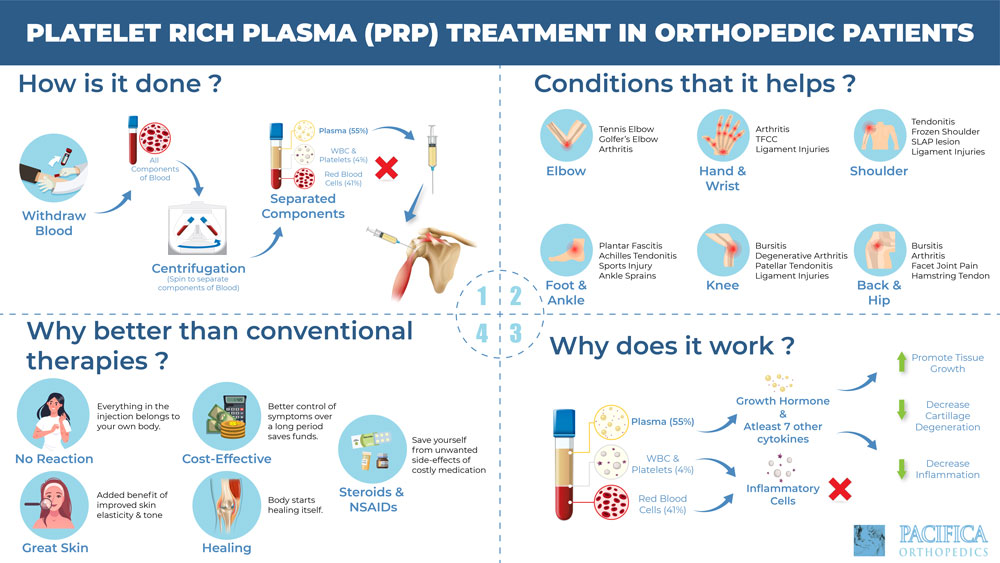The spinal cord is part of our central nervous system that plays a very important role in our body. An injury to it, whether complete or incomplete, shall render a patient incapacitated, completely or partially, depending on the nerve segments affected. There are two types of spinal cord injury: complete or incomplete.
If a person is suffering a complete spinal cord injury, he loses all the bodily functions below the injured area. This means that he cannot move his muscles voluntarily and he cannot feel any sensation in areas located below the level of injury. The left and right halves of his body are both affected. This is the type of spinal cord injury caused by severe trauma, especially after a fall or vehicular accidents.
A person who is suffering an incomplete spinal cord injury, however, may still experience normal body functions below the injured area. His dexterity may be affected but he may still be able to move his limbs although not as regularly as desired. He may be able to straighten his arms as what he would normally do but he may experience problems with his hands and fingers. He may also be able to feel sensation even on the injured parts of his body.
Patients will experience varying degrees of symptoms depending on the extent of injury and the location of the injured segment. Injuries of the cervical nerves usually result to total or partial paralysis or worse, loss of breathing, thus the need of a ventilator. Patients suffering cervical nerve injuries typically are unable to do things on his own without the assistance of a caregiver.
Patients suffering from nerve injuries below cervical segments may experience the following symptoms: inability to control or partial loss of abdominal and trunk muscles control, decreased control of legs, hips, urinary and sexual functions.
If a person is experiencing the above symptoms, it is advised to see immediately reputable orthopedic specialists for necessary treatments.




0 Comments